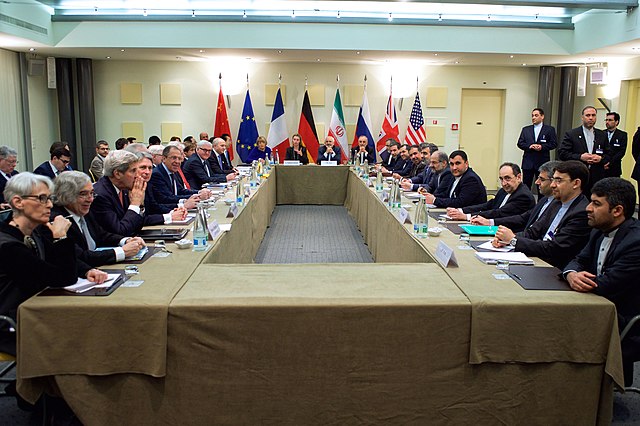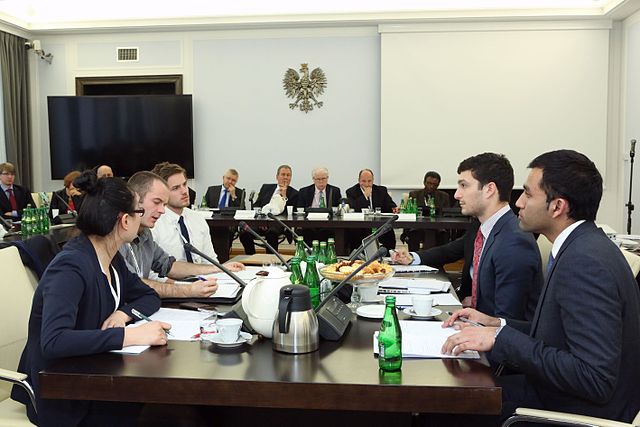Mediation is a negotiation facilitated by a third-party neutral. It is a structured, interactive process where an impartial third party, the mediator, assists disputing parties in resolving conflict through the use of specialized communication and negotiation techniques. All participants in mediation are encouraged to actively participate in the process. Mediation is a "party-centered" process in that it is focused primarily upon the needs, rights, and interests of the parties. The mediator uses a wide variety of techniques to guide the process in a constructive direction and to help the parties find their optimal solution. A mediator is facilitative in that they manage the interaction between parties and facilitates open communication. Mediation is also evaluative in that the mediator analyzes issues and relevant norms ("reality-testing"), while refraining from providing prescriptive advice to the parties. Due to its voluntary nature, a person cannot be compelled to use mediation to resolve their dispute. However, a suggestion from the Court may be difficult to resist.

Mediator's chamber at Ryswick (1697)
Urban mediators in Fort-de-France (Martinique)
Negotiation is a dialogue between two or more parties to resolve points of difference, gain an advantage for an individual or collective, or craft outcomes to satisfy various interests. The parties aspire to agree on matters of mutual interest. The agreement can be beneficial for all or some of the parties involved. The negotiators should establish their own needs and wants while also seeking to understand the wants and needs of others involved to increase their chances of closing deals, avoiding conflicts, forming relationships with other parties, or maximizing mutual gains. Distributive negotiations, or compromises, are conducted by putting forward a position and making concessions to achieve an agreement. The degree to which the negotiating parties trust each other to implement the negotiated solution is a major factor in determining the success of a negotiation.

The ministers of foreign affairs of the United States, the United Kingdom, Russia, Germany, France, China, the European Union and Iran negotiating in Lausanne for a Comprehensive agreement on the Iranian nuclear programme (30 March 2015)
Signing the Treaty of Trianon on 4 June 1920. Albert Apponyi standing in the middle.
Students from the University of Tromsø and the University of Toronto during the 5th International Negotiation Tournament – Warsaw Negotiation Round in the Polish Senate (2014)





